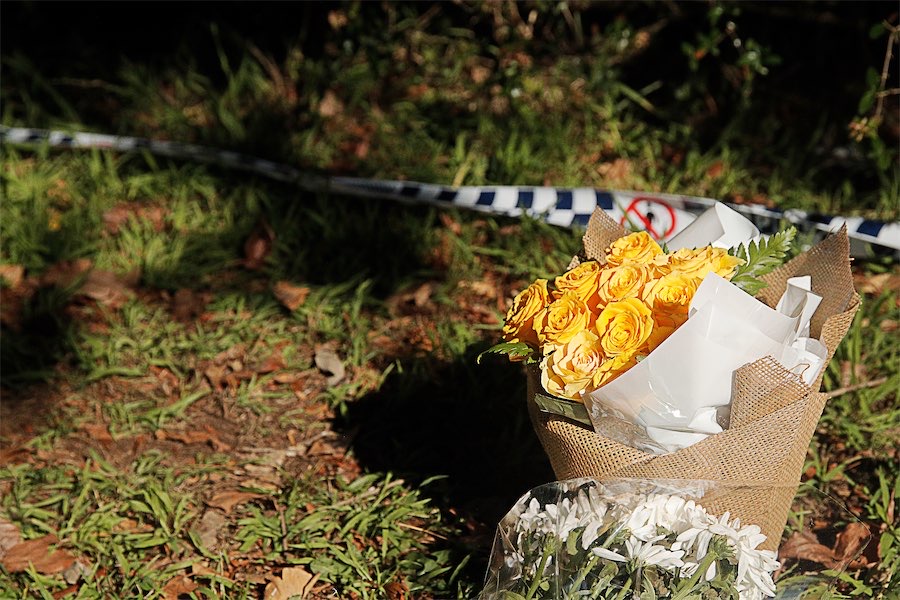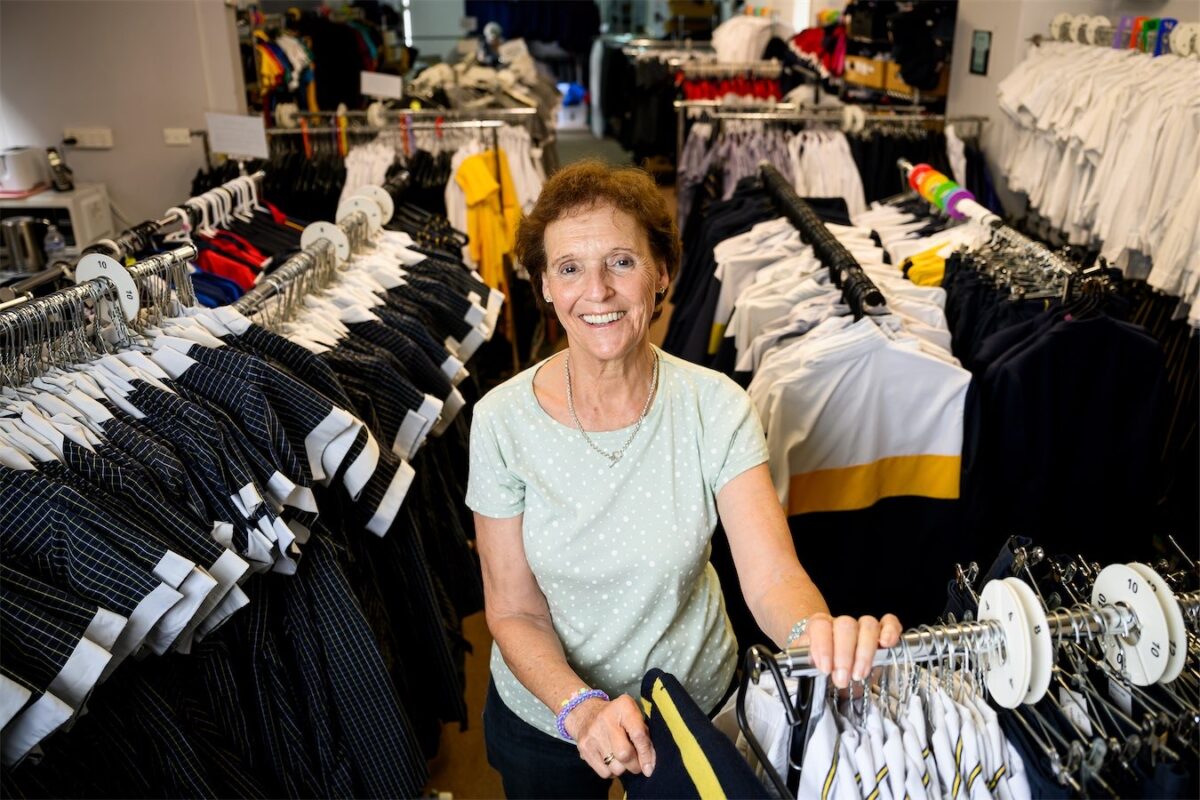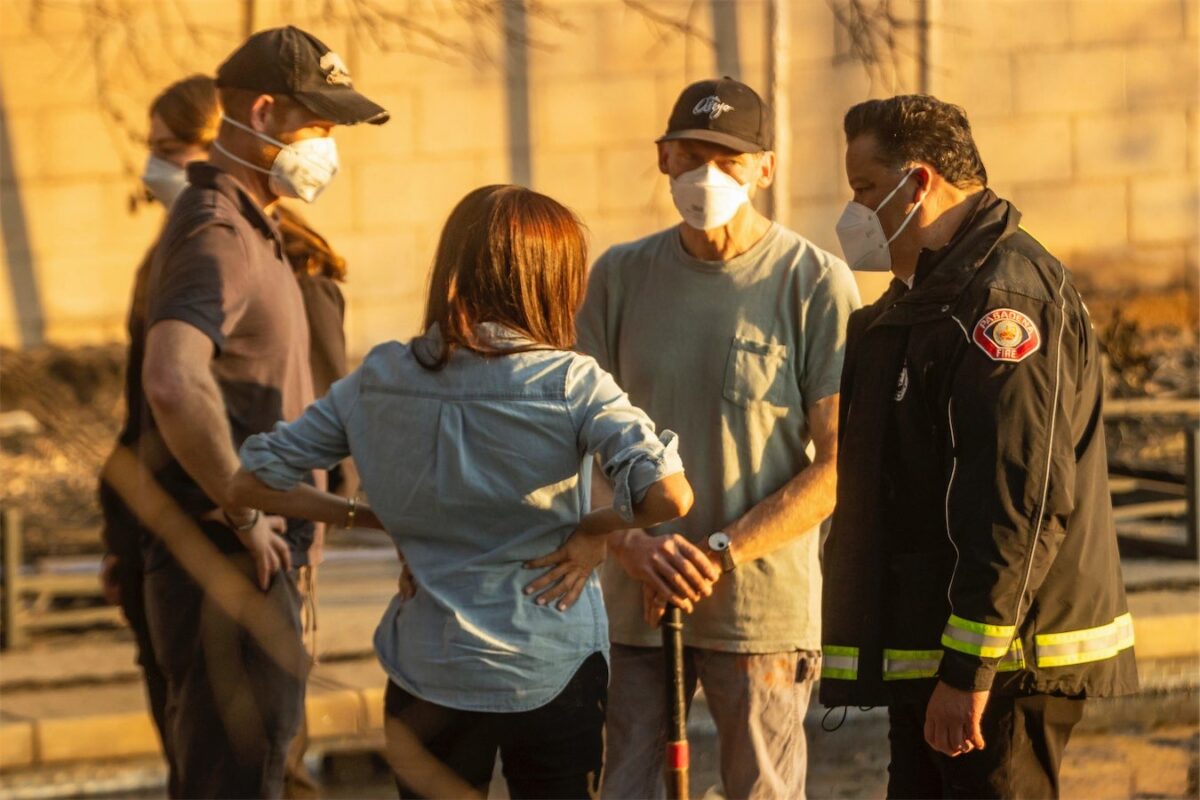
By Andrew Brown in Canberra
Violence against women has declined significantly in the past three decades, but experts warn there is still a long way to go.
The latest report card from Our Watch, a leading national organisation in the prevention of violence against women, showed there had been a 66 per cent drop in the number of women killed by men in the past 30 years.
The number of young men supporting harmful ideas of masculinity had fallen by 13 per cent since 2018.
But the trends came against the backdrop of an increase in the number of women killed by men in 2024.
While the findings were welcome, more work needed to be done, the organisation’s chief executive Patty Kinnersly said.
“In a year where 42 women have been killed by men’s violence, it’s difficult to reconcile we are making progress in ending this national crisis,” she said.
“But when we look at the longer-term picture, we can see significant reductions in the number of women killed by men’s violence, reductions in women experiencing violence and improvements in community attitudes that reject and challenge this violence.”
Findings showed a drop from 49 per cent to 37 per cent in the number of men aged 18 to 30 who felt pressure to conform to rigid ideals of masculinity.
While the report showed there had been an increase in sexual violence carried out between 2012 and 2017, the figure had plateaued in the years since.
The findings about attitudes of young men towards women showed there had been improvements, Ms Kinnersly said.
“Men who hold rigid and harmful ideals of masculinity, like that men should use violence to get respect, are 17 times more likely to have hit an intimate partner compared to men who hold healthier views of what it is to be a man,” she said.
“This demonstrates the connection between attitudes and behaviour, and the importance of showing young men there’s more than one way to be a man.”
Policy progress had been slow-moving, Ms Kinnersly said.
“NSW has only this year released a funded primary prevention strategy and Victoria is still the only state providing whole-of-school respectful relationships education,” she said.
“This is much more than just changing attitudes, it is about building a more equal society, and we have more work to do to create the structural, legislative and policy change required to end this crisis.”
Who can be trusted?
In a world of spin and confusion, there’s never been a more important time to support independent journalism in Canberra.
If you trust our work online and want to enforce the power of independent voices, I invite you to make a small contribution.
Every dollar of support is invested back into our journalism to help keep citynews.com.au strong and free.
Thank you,
Ian Meikle, editor





Leave a Reply